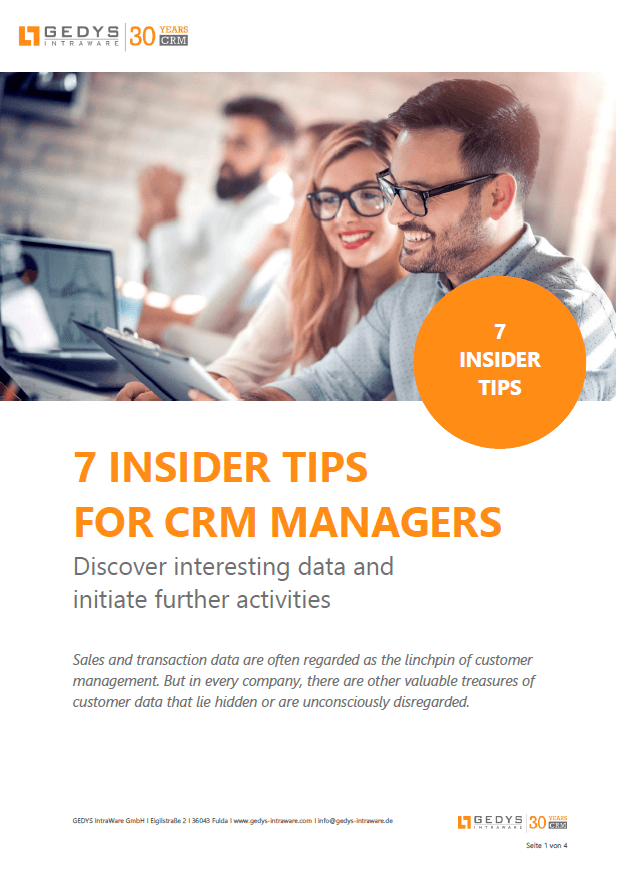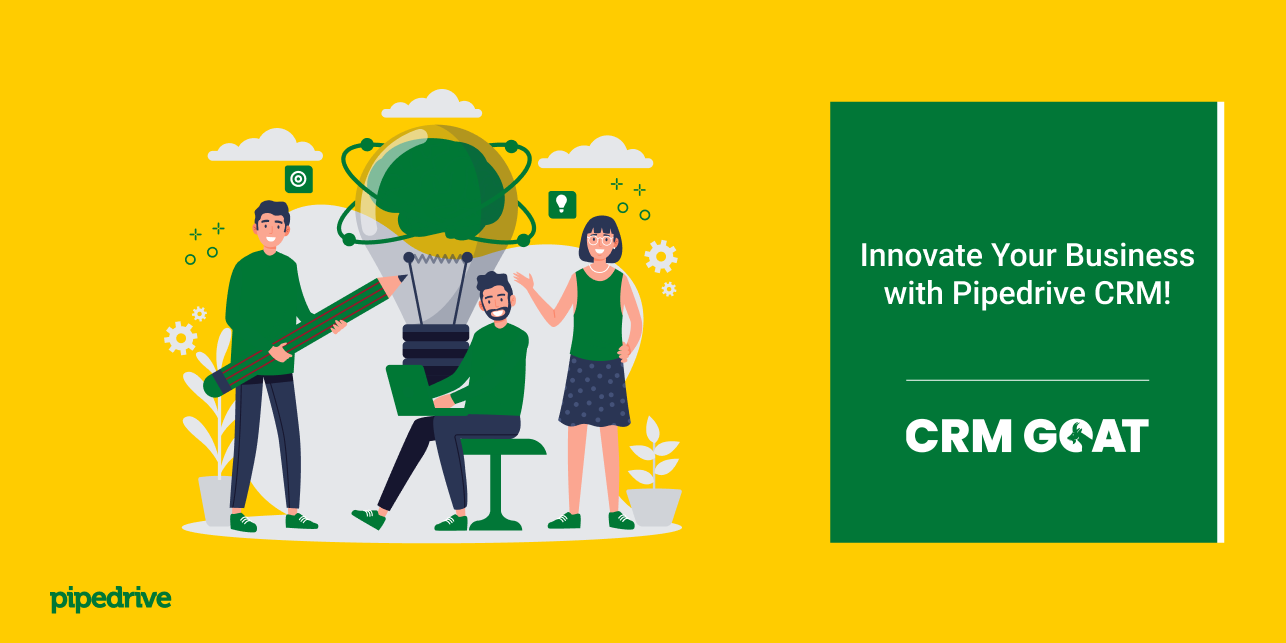CRM consulting whitepapers are an essential resource for businesses looking to enhance their customer relationship management strategies. These comprehensive documents delve deep into the world of CRM, offering valuable insights, industry trends, and expert advice. In this fast-paced digital era, where customers expect personalized experiences, effective CRM is crucial for businesses to stay competitive. Whether you are a small startup or a large enterprise, understanding the power of CRM and how to leverage it can make all the difference in achieving customer satisfaction, loyalty, and long-term success.
**CRM consulting whitepapers provide a wealth of information on various aspects of CRM implementation, customization, and optimization. From selecting the right CRM software to designing effective customer engagement strategies, these whitepapers offer a step-by-step guide to help businesses navigate through the complexities of CRM. With detailed case studies and real-world examples, they showcase best practices and provide actionable insights that can be applied to any organization. By adopting the strategies outlined in these whitepapers, businesses can streamline their sales processes, improve customer service, and drive revenue growth.**
CRM consulting whitepapers are a treasure trove of knowledge, providing in-depth analysis and practical advice for businesses seeking to enhance their CRM strategies. These documents serve as trusted guides, offering valuable insights into the world of CRM and helping organizations achieve their customer relationship management goals. Through detailed case studies and expert recommendations, CRM whitepapers empower businesses to leverage CRM software effectively, cultivate customer loyalty, and boost profitability.
What Does CRM Consultant Do?
A CRM consultant is a professional who specializes in assisting businesses with implementing and optimizing their customer relationship management (CRM) systems. These systems are designed to manage and analyze customer interactions and data, with the goal of improving customer satisfaction and driving business growth. A CRM consultant helps businesses select the right CRM software, customize it to meet their specific needs, and train employees on how to use it effectively.
CRM consultants also play a crucial role in helping businesses align their CRM strategy with their overall business objectives. They work closely with various stakeholders, such as sales, marketing, and customer service teams, to understand their specific requirements and goals. Based on this information, the consultant designs and implements the CRM system to ensure it supports the organization’s processes and workflows, ultimately leading to improved customer engagement and increased revenue.
In addition to implementation and customization, CRM consultants provide ongoing support and maintenance for the CRM system. They monitor system performance, troubleshoot any issues that arise, and ensure that the system remains up-to-date with the latest features and enhancements. Furthermore, CRM consultants provide valuable insights and recommendations based on data analysis, helping businesses identify trends, opportunities, and areas for improvement in their customer relationships.
What Is CRM McKinsey?
CRM McKinsey refers to the Customer Relationship Management (CRM) strategy and framework developed by McKinsey & Company, a global management consulting firm. CRM McKinsey aims to help organizations improve their customer relationships and enhance customer experiences by leveraging data and technology. It provides a systematic approach to managing customer interactions, analyzing customer data, and implementing strategies to maximize customer satisfaction and loyalty.
The CRM McKinsey framework includes various components such as customer segmentation, customer journey mapping, customer analytics, and customer-centric organizational design. These components work together to enable organizations to better understand their customers, identify their needs and preferences, and tailor their products, services, and marketing initiatives accordingly. By adopting CRM McKinsey, organizations can effectively manage and nurture their customer relationships, resulting in increased customer satisfaction, loyalty, and ultimately, business growth.
Mckinsey & Company is well-known for its expertise in strategic management and has a strong track record of helping organizations across industries improve their performance and achieve sustainable growth. The CRM McKinsey framework is one of the many tools and methodologies developed by McKinsey to address specific business challenges. By leveraging CRM McKinsey, organizations can gain valuable insights into their customer base, make data-driven decisions, and implement strategies that drive customer-centricity and long-term success.
Which Are The Three Architectural Components In CRM?
The three architectural components in CRM, which stands for Customer Relationship Management, are the operational, analytical, and collaborative components.
The operational component of CRM focuses on the day-to-day activities and processes involved in managing customer relationships. This includes tasks such as capturing customer data, managing sales leads, and tracking customer interactions. The operational component is designed to streamline and automate these processes, allowing businesses to efficiently manage and track their interactions with customers.
The analytical component of CRM involves analyzing customer data to gain insights and make informed business decisions. This component uses tools and techniques such as data mining, predictive modeling, and data visualization to understand customer behavior, preferences, and trends. By analyzing customer data, businesses can identify opportunities for cross-selling or upselling, improve customer satisfaction, and develop targeted marketing campaigns.
The collaborative component of CRM focuses on facilitating communication and collaboration between different departments and teams within an organization. This component enables employees to share customer information, collaborate on tasks, and coordinate their efforts to provide a seamless customer experience. By promoting collaboration and knowledge sharing, the collaborative component of CRM helps businesses deliver personalized and consistent customer service across all touchpoints.
In conclusion, the three architectural components in CRM – operational, analytical, and collaborative – work together to streamline customer relationship management processes, gain insights from customer data, and facilitate collaboration within an organization. By effectively leveraging these components, businesses can build stronger customer relationships, improve customer satisfaction, and drive business growth.
Is CRM A SAP Product?
CRM, which stands for Customer Relationship Management, is not a SAP product in itself. SAP is a global software company that offers various enterprise resource planning (ERP) solutions, including SAP CRM. SAP CRM is a software application that is part of the SAP ERP suite and is specifically designed to manage customer relationships and interactions. It provides functionalities such as sales force automation, marketing automation, and customer service management.
While SAP CRM is a widely used CRM solution, there are also other CRM products available in the market that are not developed or owned by SAP. Some popular CRM software options include Salesforce, Microsoft Dynamics CRM, and Oracle CRM. These products offer similar features and functionalities to manage customer relationships effectively and enhance business processes.
So, to summarize, CRM is a concept and strategy for managing customer relationships, while SAP CRM is a specific CRM software solution offered by SAP. Although SAP CRM is a popular choice among businesses using SAP ERP, there are other CRM products available that are not affiliated with SAP.
Create a simpler crm with this ONE change
In conclusion, CRM consulting whitepapers serve as valuable resources for businesses seeking to enhance their customer relationship management strategies. By providing in-depth analysis, expert insights, and practical solutions, these whitepapers offer a comprehensive understanding of CRM implementation and optimization. Whether it’s addressing specific challenges or exploring emerging trends in the industry, these documents equip organizations with the knowledge and tools necessary to drive customer loyalty, increase sales, and foster long-term success.
Furthermore, CRM consulting whitepapers also play a crucial role in facilitating collaboration and knowledge sharing among industry professionals. As businesses continue to navigate the ever-evolving landscape of customer relationship management, these whitepapers serve as a platform for thought leaders to share their experiences, best practices, and innovative approaches. Through the dissemination of valuable information, these documents foster a community of learning and growth, enabling organizations to stay ahead of the competition and deliver exceptional customer experiences.
In conclusion, CRM consulting whitepapers are a valuable asset for businesses seeking to optimize their customer relationship management strategies. They offer comprehensive insights, practical solutions, and foster collaboration within the industry. By leveraging the knowledge found within these whitepapers, organizations can enhance their CRM practices, achieve business goals, and ultimately cultivate strong and lasting customer relationships.
Let’s Make Your CRM Work
Let us remove the manual effort and time it takes to effectively manage client relations systems and data
“Using Pipedrive’s CRM is one of the best decisions we’ve ever made. We’ve seen our annual revenue explode, and the outlook just keeps getting sunnier.”
Mitch Workman
Digital Marketing Director, Big Dog Solar | Energy Sector | USA







